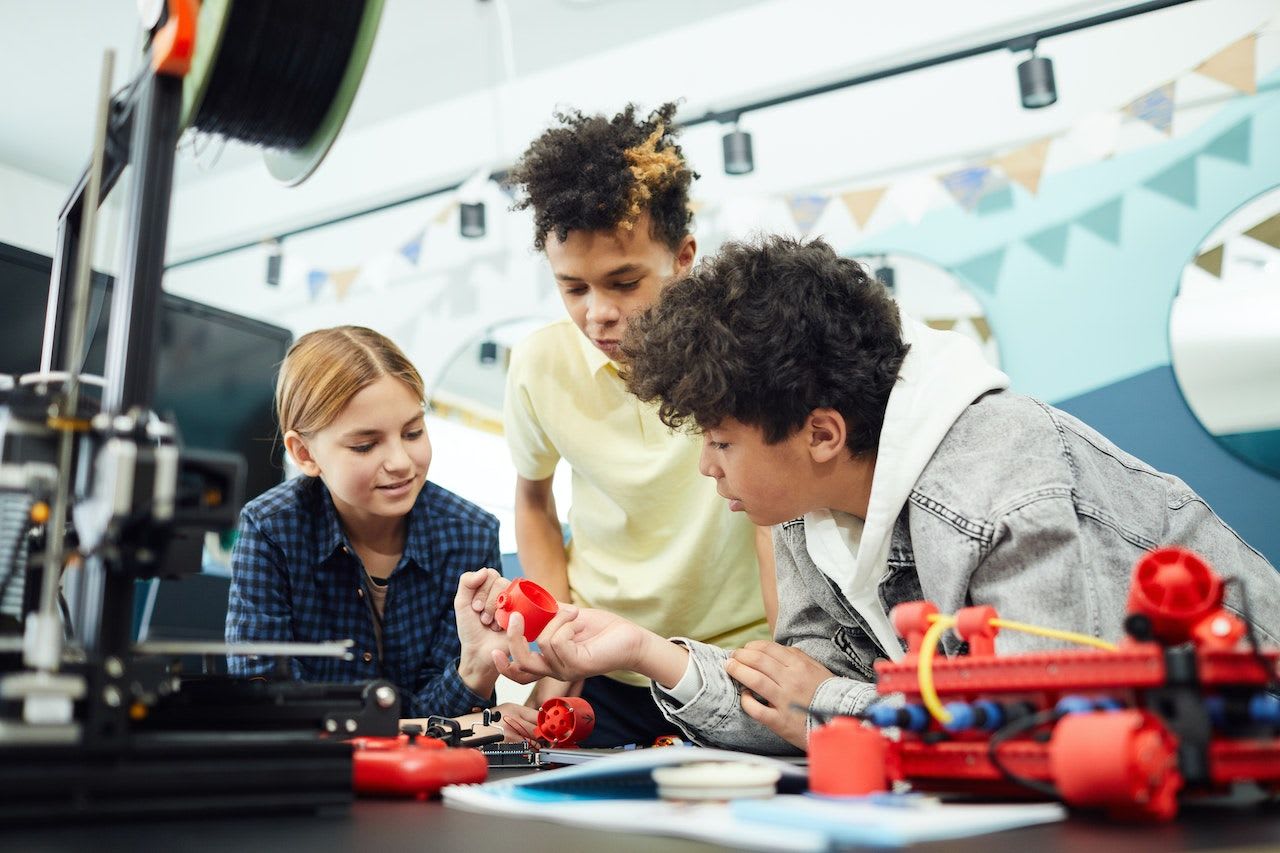Understanding social learning theory
Social learning theory suggests that people can learn new behaviours by observing and imitating the behaviour of others. Social learning helps students learn new behaviours and information from others in their social environment.

Social learning theory suggests that people can learn new behaviours by observing and imitating the behaviour of others. The theory was first proposed by American psychologist Albert Bandura in 1977. Social learning helps students learn new behaviours and information from others in their social environment. It's a key process in human development and can occur through observation, imitation, and reinforcement.
💡 Lessons learnt: Learners learn together, play together and grow together.
The 4 Mediational Processes of Social Learning Theory
Social learning theory suggests that there are four mediational processes through which social learning occurs. These mediational processes are imitation, reinforcement, observation, and vicarious reinforcement. Imitation is the process of copying the behaviour of another person. This can occur either directly, by observing someone else performing a behaviour and then imitating it, or indirectly, by observing someone being rewarded or punished for a behaviour and then copying that behaviour in order to achieve the same result. Reinforcement is the process of providing positive or negative consequences in order to increase or decrease the likelihood of a particular behaviour being repeated. Observation is simply the act of watching others perform a behaviour. Vicarious reinforcement is similar to observation but refers specifically to observing the consequences that another individual experience as a result of their actions, in order to learn from those consequences without having to experience them oneself.
Assumptions of Social Learning Theory
Albert Bandura's social learning theory asserts that there are four fundamental mechanisms through which human beings learn: observational learning, imitation, reinforcement, and modelling. Observational learning occurs when an individual (for example a student) observes the behaviour of another individual and then imitates that behaviour. An imitation is a form of learning that does not require any sort of reinforcement; instead, it is simply a matter of copying what one has seen another do. Reinforcement refers to the process by which an individual learns to associate a particular behaviour with a particular consequence; if the consequences are positive, then the behaviours are more likely to be repeated. Finally, modelling occurs when an individual not only observes the behaviour of another but also experiences some sort of positive consequence as a result of mimicking that behaviour.
Applications of Social Learning Theory in the Classroom: Teachers, Parents, and School Leaders
Teachers, parents, and school leaders all play an important role in supporting social learning in students. Teachers and parents can create a positive learning environment by modelling desired behaviour and providing opportunities for their students or children to practice new skills. Parents can also support their child's learning by being involved in their child's education and helping them develop positive relationships with their peers. School leaders can also create a positive school climate that supports social learning by promoting cooperation and encouraging positive student relationships.
This type of learning is thought to be particularly effective when it comes to acquiring new skills or knowledge. Social learning theory has been applied in several ways, including in educational settings and parenting. By understanding social learning theory, we can develop more effective ways to educate and help our students and children adopt good behaviour and useful skills which will help them craft their own desired future.

Adiutor
Adiutor means "helper" - we do just that, by taking a load of your school administration and helping you focus on what matters most: the kids.
